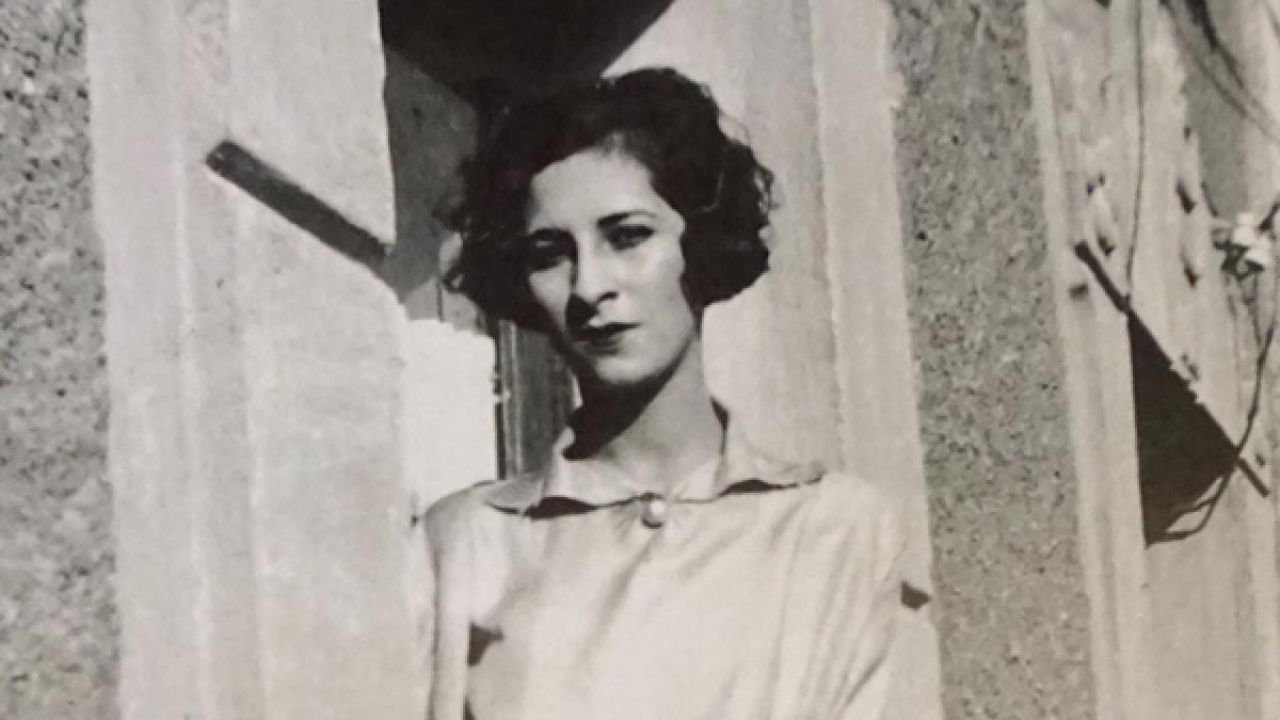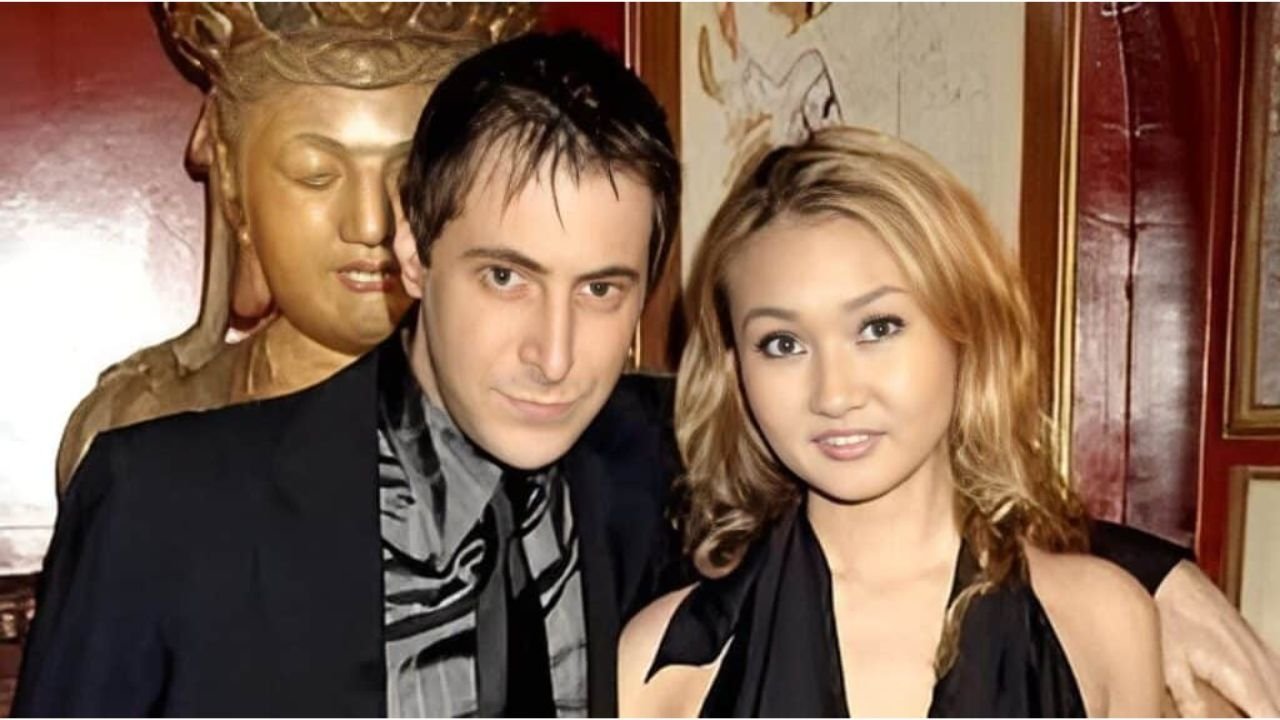“History will judge societies and governments—and their institutions—not by how big they are or how well they serve the rich and powerful, but by how effectively they respond to the needs of the poor and the helpless.” — Cesar Chavez
Few people embody this sentiment as profoundly as Luisa Moreno, a trailblazer in labor rights and civil rights advocacy. Moreno’s contributions have left an indelible mark on history, shaping the path for future generations of activists. This blog post aims to explore the life and legacy of Luisa Moreno, detailing her contributions to labor movements and civil rights, and underscoring why she remains a significant figure in history.
Early Life and Background
Birth and Family
Luisa Moreno was born on August 30, 1907, in Guatemala City, Guatemala, as Blanca Rosa Lopez Rodrigues. Raised in a family that valued education and social justice, Moreno was exposed early to the principles that would guide her lifelong activism. Her father, a lawyer, and her mother, a schoolteacher, instilled in her the importance of standing up for what is right.
Moreno’s early exposure to her parents’ professions offered her a unique perspective on the power of words and education. This foundation would later serve her well as she became a leading voice in labor and civil rights movements.
Education and Early Influences
Moreno was an avid learner from a young age, excelling academically and expressing a keen interest in social issues. Her education was complemented by her parents’ teachings about social justice, which included discussions on the inequalities that plagued Guatemalan society.
At the age of 19, Moreno moved to Mexico City to further her education. It was here that she first encountered radical political ideologies and labor movements. Influenced by the Mexican Revolution and the intellectual circles she frequented, Moreno began to form her own ideas about social justice and activism.
Journey to Activism
Move to the United States
In 1928, Moreno moved to New York City, seeking better opportunities and to escape the political instability in Guatemala. However, life in the United States was not without its own set of challenges. Moreno faced racial and gender discrimination, which only fueled her desire to fight against systemic injustices.
Involvement in Labor Movements
Moreno’s early experiences in New York City’s labor market were eye-opening. She worked in various low-paying jobs, where she witnessed firsthand the exploitation of workers, particularly immigrants and women. These experiences propelled her into the labor movement, where she began organizing workers and advocating for better working conditions.
One of Moreno’s first significant roles was with the United Cannery, Agricultural, Packing, and Allied Workers of America (UCAPAWA). Here, she led successful strikes and organized labor unions, earning the respect and admiration of her peers. Her efforts were not limited to improving wages and working conditions; she also fought for the dignity and rights of all workers, regardless of their background.
Major Contributions and Achievements
Union Organizing
Moreno’s work with UCAPAWA was just the beginning of her impactful career in labor organizing. She played a crucial role in the formation of several labor unions, including the National Congress of Spanish-Speaking Peoples (NCSSP). This organization aimed to unify Spanish-speaking workers and advocate for their rights on a national level.
Her leadership was instrumental in various labor strikes, most notably the 1938 pecan shellers’ strike in San Antonio, Texas. This strike, which involved thousands of workers, primarily Mexican-American women, resulted in significant wage increases and better working conditions.
Civil Rights Advocacy
In addition to her labor organizing efforts, Moreno was a passionate advocate for civil rights. She recognized that the struggles of workers were deeply intertwined with issues of racial and social justice. Her advocacy extended beyond the workplace, addressing broader issues such as education, healthcare, and political representation for Hispanic communities.
One of Moreno’s most notable contributions was her involvement in the 1939 Congreso de Pueblos de Habla Española, the first national conference of Spanish-speaking peoples in the United States. This event brought together activists from across the country to discuss pressing issues facing their communities and strategize for collective action.
Key Events
The Congreso de Pueblos de Habla Española was a watershed moment in the history of Hispanic civil rights in the United States. Organized by Moreno and other leading activists, the congress addressed issues such as labor rights, education, and political representation. It served as a platform for unifying Hispanic communities and amplifying their voices on a national stage.
Another significant event in Moreno’s career was her testimony before the House Un-American Activities Committee (HUAC) in 1948. Despite facing intense scrutiny and intimidation, Moreno remained steadfast in her commitment to social justice, defending her work and the principles she stood for.
Challenges and Controversies
Political Climate
Moreno’s activism took place during a tumultuous period in American history, marked by the Great Depression, World War II, and the rise of McCarthyism. The political climate was hostile to labor organizers and civil rights activists, who were often branded as subversives or communists.
Despite these challenges, Moreno continued her work, undeterred by the threats and harassment she faced. Her resilience and determination were a testament to her unwavering commitment to justice.
Expulsion from the U.S.
In 1950, Moreno faced one of the greatest challenges of her career when she was targeted for deportation by the U.S. government. Accused of being a communist sympathizer, Moreno was ordered to leave the country. Despite the widespread support she received from fellow activists and community members, she was ultimately forced to return to Guatemala.
Her expulsion was a significant loss for the labor and civil rights movements in the United States. However, even in exile, Moreno continued her activism, advocating for social justice and workers’ rights in Guatemala.
Legacy and Impact
Long-term Impact
Moreno’s contributions to labor and civil rights have had a lasting impact on subsequent generations of activists. Her work laid the groundwork for future movements, inspiring countless individuals to continue the fight for justice and equality.
Her legacy is evident in the continued efforts to improve working conditions, advocate for immigrant rights, and promote social justice. Moreno’s life and work serve as a powerful reminder of the importance of standing up for what is right, even in the face of adversity.
Recognition and Honors
In recognition of her contributions, Moreno has received numerous posthumous honors. Her legacy is celebrated in various ways, including through awards, scholarships, and commemorative events. These honors serve to keep her memory alive and inspire future generations to carry on her work.
Moreno’s story is a testament to the power of one individual’s determination to make a difference. Her life and work continue to inspire and guide those who seek to create a more just and equitable world.
You May Also Like: Winnfred Wilford: A Deep Dive into His Life and Legacy
Conclusion
Luisa Moreno’s life is a powerful example of the impact one individual can have on society. Her tireless efforts in labor organizing and civil rights advocacy have left an indelible mark on history, inspiring future generations to continue the fight for justice and equality.
Moreno’s story is a reminder that progress is often achieved through the perseverance and dedication of individuals who are willing to stand up for what is right. Her legacy serves as a beacon of hope and inspiration, guiding us toward a more just and equitable future.
For those interested in learning more about Moreno’s life and work, there are numerous resources available, including books, documentaries, and academic articles. By studying her story, we can gain a deeper understanding of the struggles and triumphs of those who have fought for social justice and the lessons we can apply to our own lives and work.
FAQs
Who was Luisa Moreno?
Luisa Moreno was a labor organizer and civil rights activist who made significant contributions to the labor movement and Hispanic civil rights in the United States. Born in Guatemala, she moved to the U.S. in the late 1920s and became a prominent figure in labor organizing and advocacy.
What were some of Moreno’s major contributions?
Moreno played a crucial role in organizing labor unions, leading strikes, and advocating for the rights of Hispanic communities. She was instrumental in the formation of the National Congress of Spanish-Speaking Peoples and organized the 1939 Congreso de Pueblos de Habla Española.
How did the political climate affect Moreno’s work?
The political climate of the time was hostile to labor organizers and civil rights activists. Despite facing threats and harassment, Moreno continued her work, remaining committed to social justice. In 1950, she was expelled from the U.S. due to accusations of being a communist sympathizer.
What is Moreno’s legacy?
Moreno’s contributions have had a lasting impact on labor rights and civil rights movements. Her work continues to inspire future generations of activists, and she has received numerous posthumous honors in recognition of her achievements.
How can I learn more about Luisa Moreno?
There are many resources available for those interested in learning more about Moreno’s life and work, including books, documentaries, and academic articles. These resources provide valuable insights into her contributions and the broader context of her activism.











